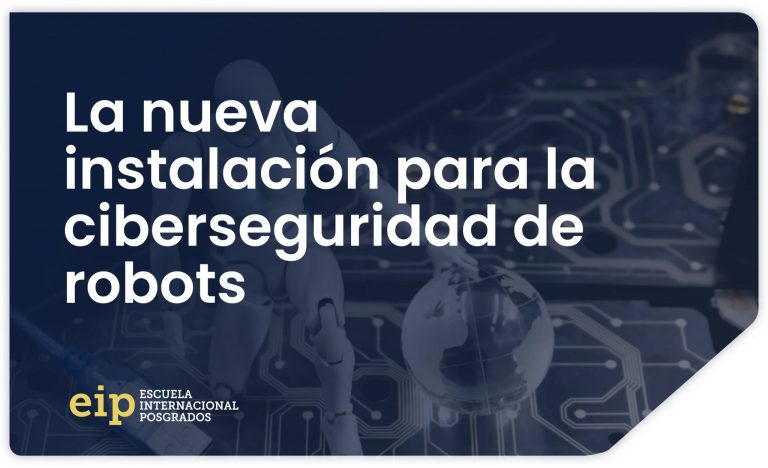They have just inaugurated the first laboratory in the world dedicated exclusively to innovation in robotic cybersecurity. It is located in Munich, a strategic location at the European level and has been thanks to Telefónica Tech and Alias Robotics, a company specialized in robotic cybersecurity.
CS4R (Cyber Security For Robots) is what this laboratory is called and will allow both companies to continue leading the cybersecurity sector in robotization, which is rapidly growing in the industry, and to be able to help companies face future digital waves safely. Within its projects, Alias Robotics will be able to work on its star product, the Robot Immune System (RIS), an innovative software solution that detects, prevents, protects and reports threats to robots.
Within this new laboratory they will be able to count on a wide variety of robots, for example collaborative robots that interact directly with workers, conventional industrial robots and mobile robotic platforms.
The growth in the use of industrial robots to make processes more efficient, makes them become more important every day. Telefónica Tech, thanks to the alliance with Alias Robotics, stands out from the competition by positioning itself as a pioneer in the field of robotic cybersecurity and declaring itself a leader in the sector to protect its clients from possible cyber attacks.
“The industry is experiencing an unprecedented digital transformation process in which all systems, including robots, must incorporate the most advanced security mechanisms. Robotic cybersecurity helps companies avoid production stoppages due to attacks, which can lead to significant economic losses and reputational damage.” Commented Vicente Segura, head of OT security at Telefónica Tech.
Alexander Arriola, CEO of Alias Robotics, also indicated that: “The factory of the future will be a space where all devices will be connected and where humans and robots cooperate closely in the workplace, which is why an increasing number of customers are choosing to improve their cybersecurity position in robots.” And he predicts that by 2025, according to the World Economic Forum, humans and machines are expected to share the work equally.



































